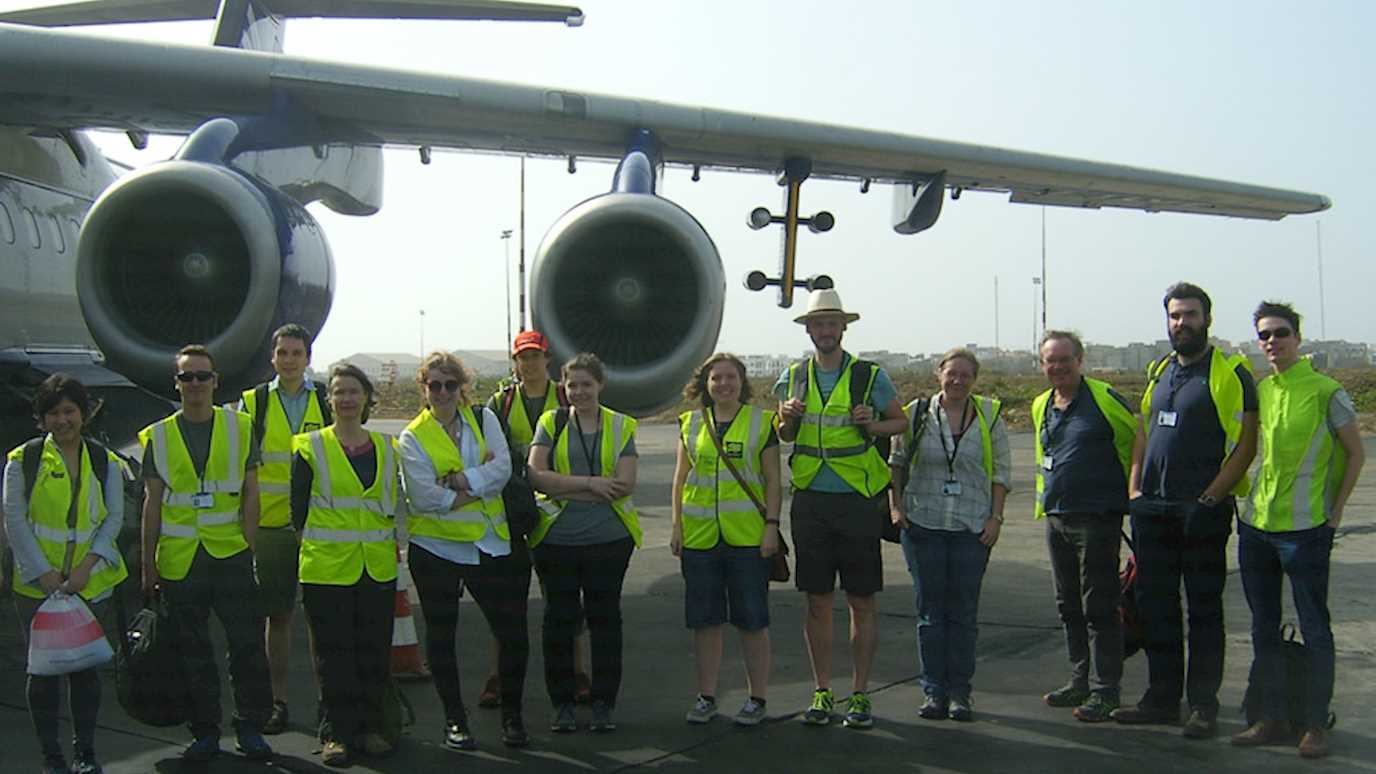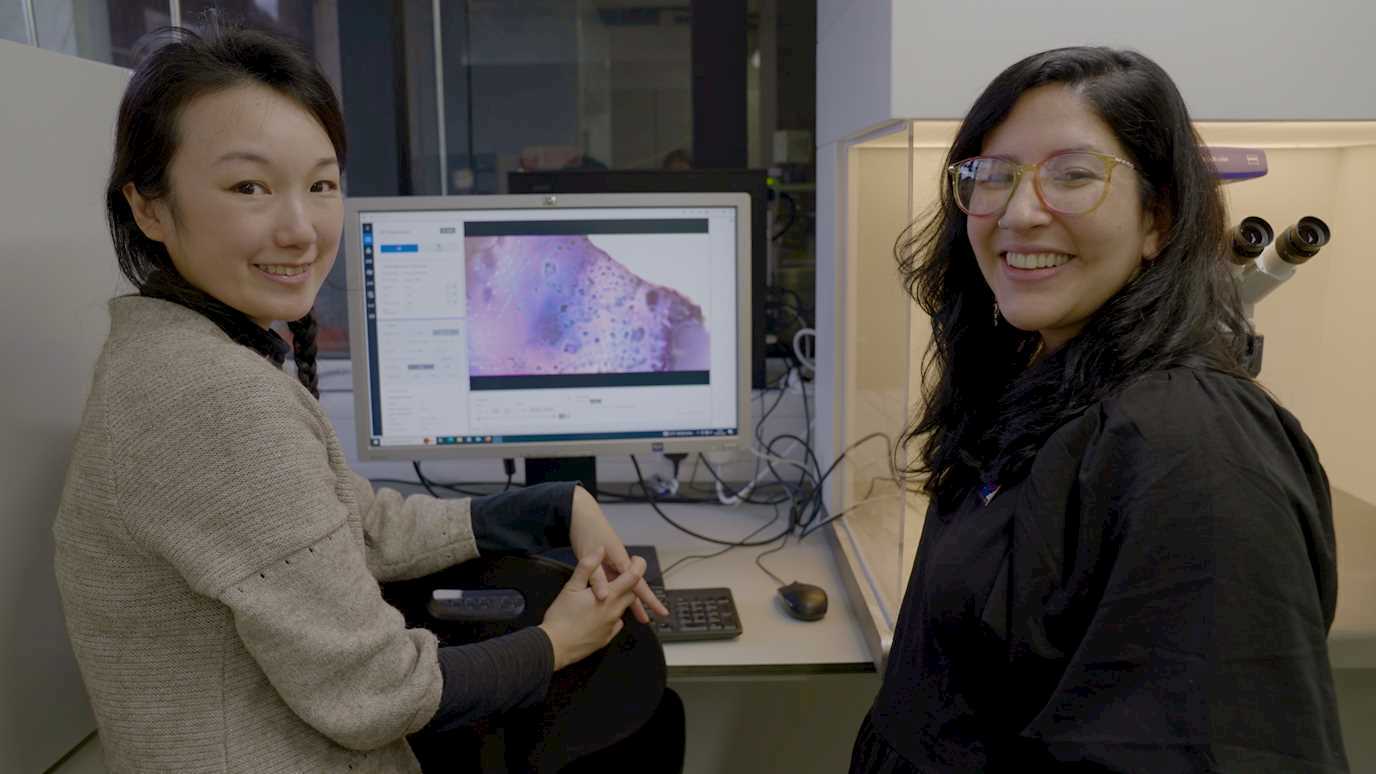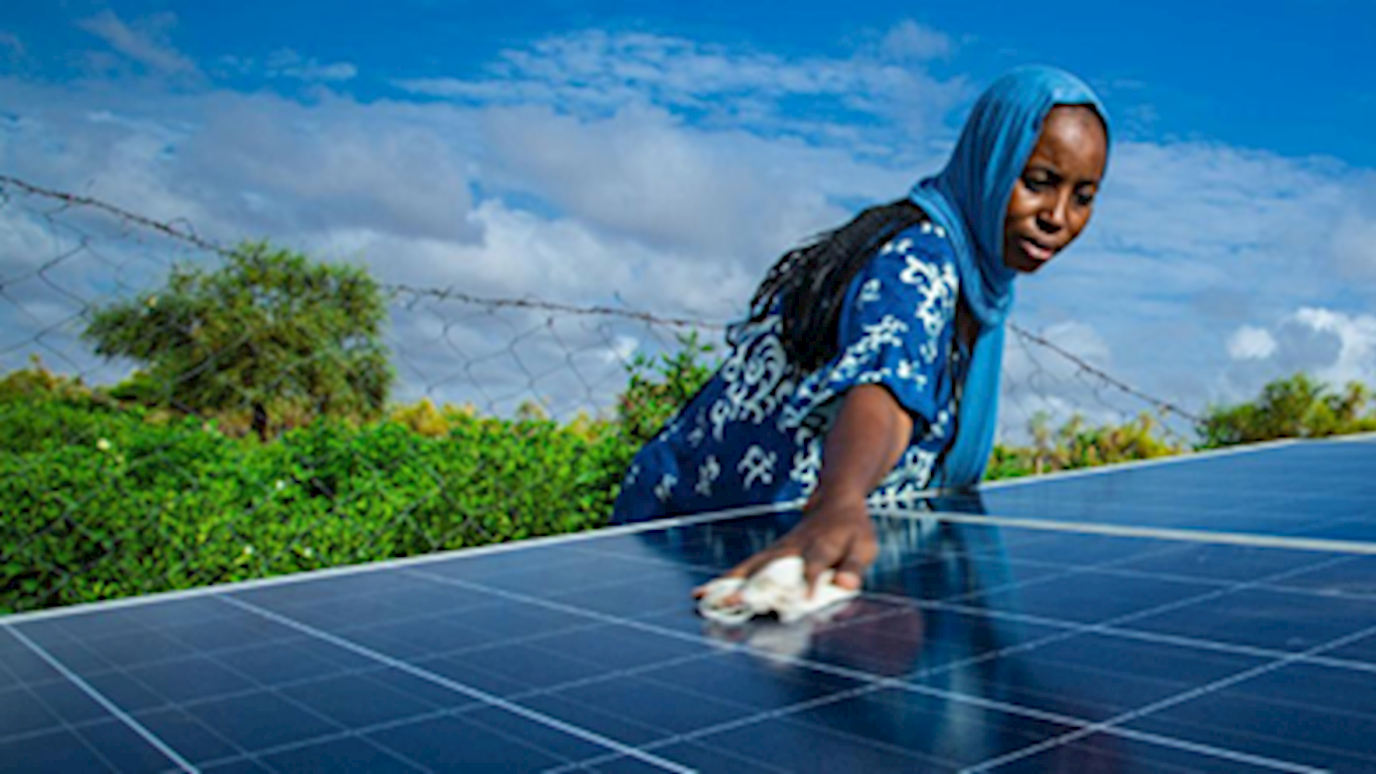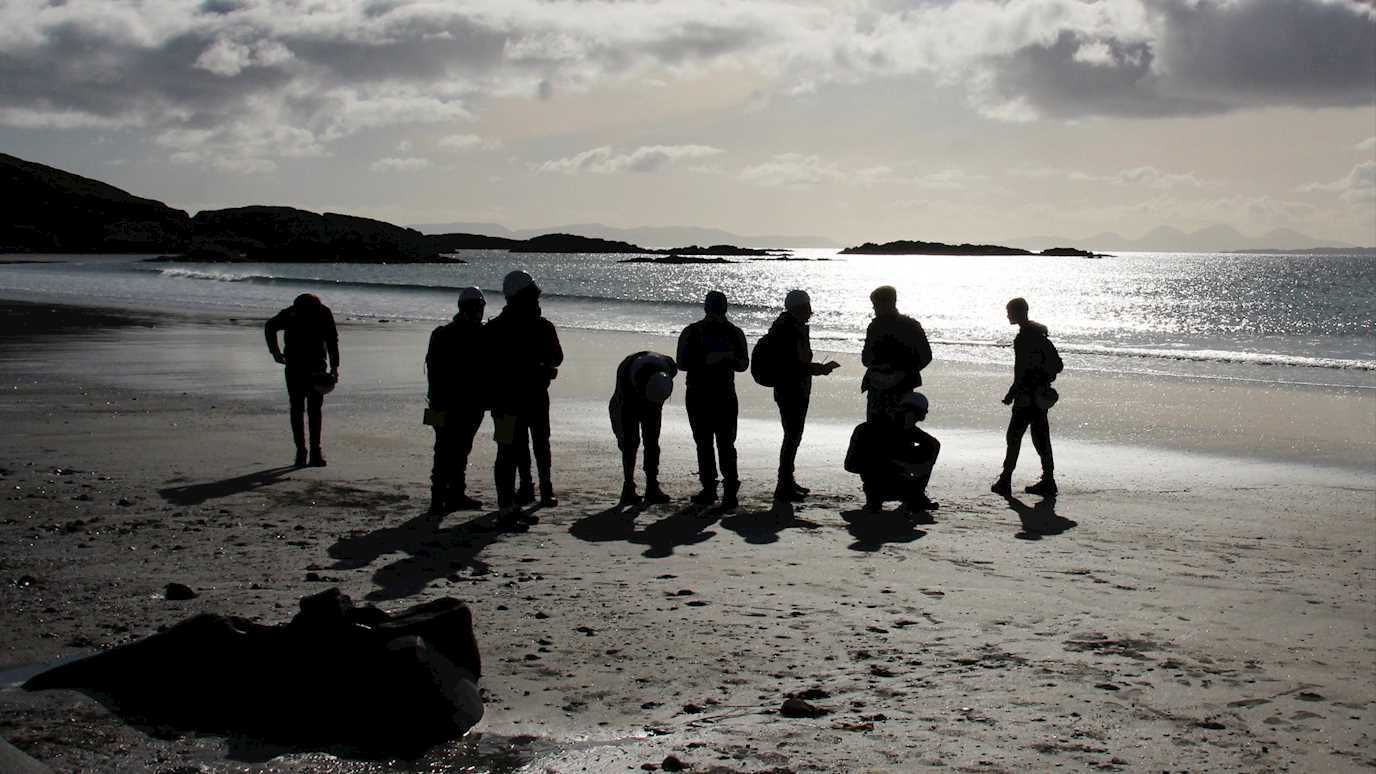ZWAMPS will determine the flux and isotopic signatures of methane emissions from the African seasonal wet savannah.

Since 2007, methane has risen rapidly (Nisbet et al., 2016). This unexpected growth has been led from the tropics and sub-tropics. We do not know why it is happening. Because field quantification of tropical emissions is difficult, there is little direct assessment of emission fluxes in the tropics, and few direct measurements of isotopic signatures of tropical emissions. Data are inadequate to constrain inversion modelling of the global methane budget. Better understanding is needed, built on improved observation, source measurement, and modelling.
ZWAMPS will determine the flux and isotopic signatures of methane emissions from the African seasonal wet savannah. By quantifying inputs from these poorly known tropical sources, the work will help constrain the causes of growth.
Aircraft sampling using the UK’s BAe 146 research aircraft (FAAM, Facility for Airborne Atmospheric Measurement) in a field deployment over Zambian wetlands in February 2019 will measure wet-season greenhouse gas fluxes from the very extensive Zambian wetlands around Lake Bangweulu and Lake Mweru.
A 3D air sampling methodology using drone (UAV) or balloons will be used to quantify emissions from cattle and from wetlands in remote tropical settings. The lack of data in isotopic signatures of tropical emissions is a crucial impediment to successful global inverse modelling and understanding which global methane sources or sinks are changing. To help fill this gap, d13CCH4 and dDCH4 isotopic signatures will be measured in emissions from Zambian C4 wetlands.
The researchers will work with local colleagues in Zambia and Zimbabwe to construct national methane emissions inventories, supporting the requirements of the Paris Agreement.
The project is led by Prof. Euan Nisbet who leads the Greenhouse Gas Research Group in the Department of Earth Sciences at Royal Holloway. Dr Dave Lowry and Dr Rebecca Fisher are co-investigators, along with partners from the University of Bristol and the University of Manchester.
























